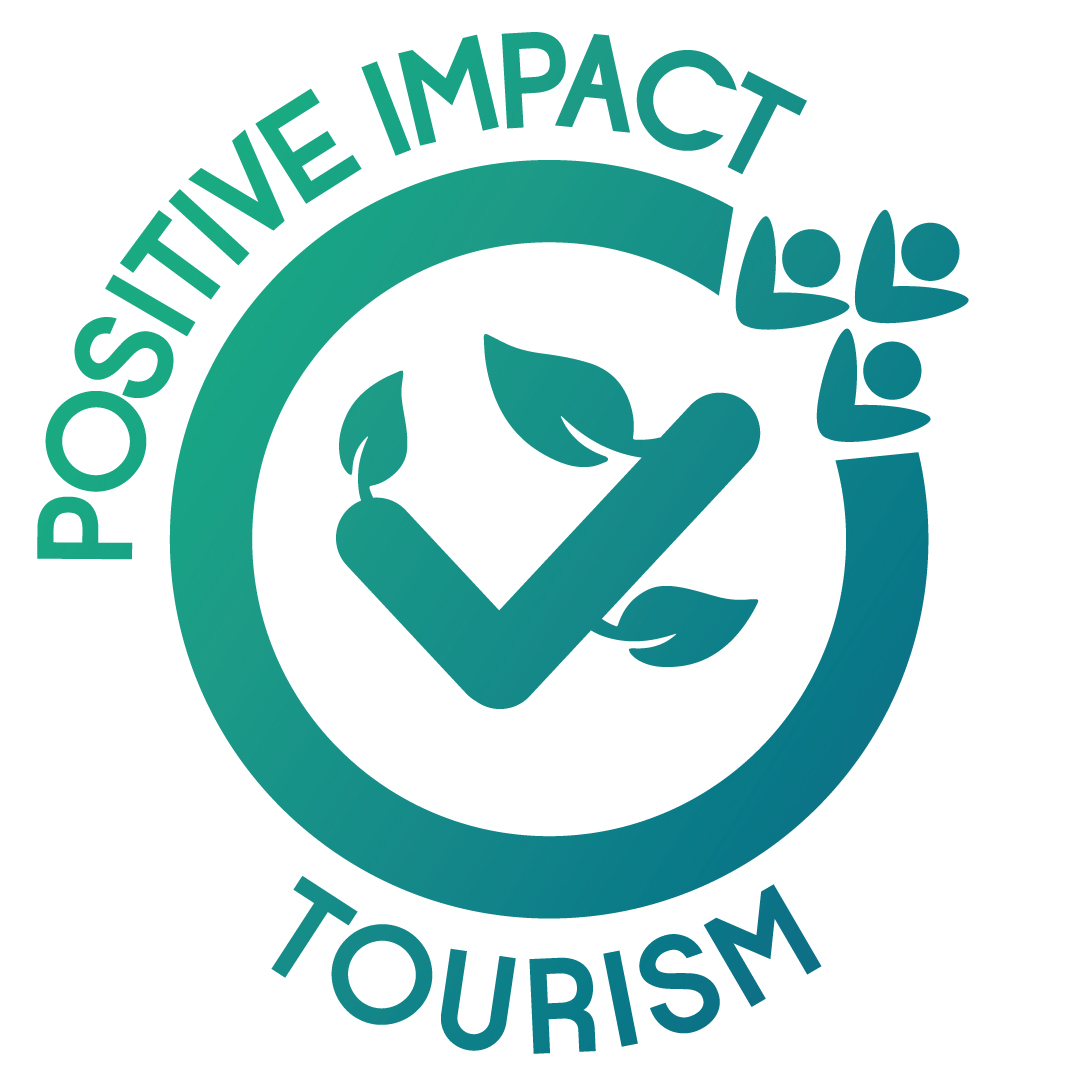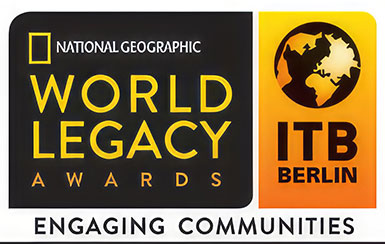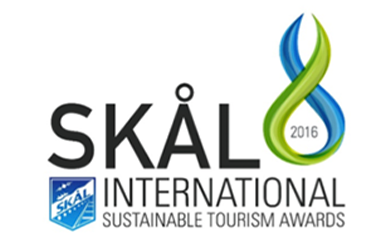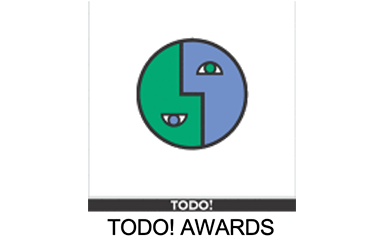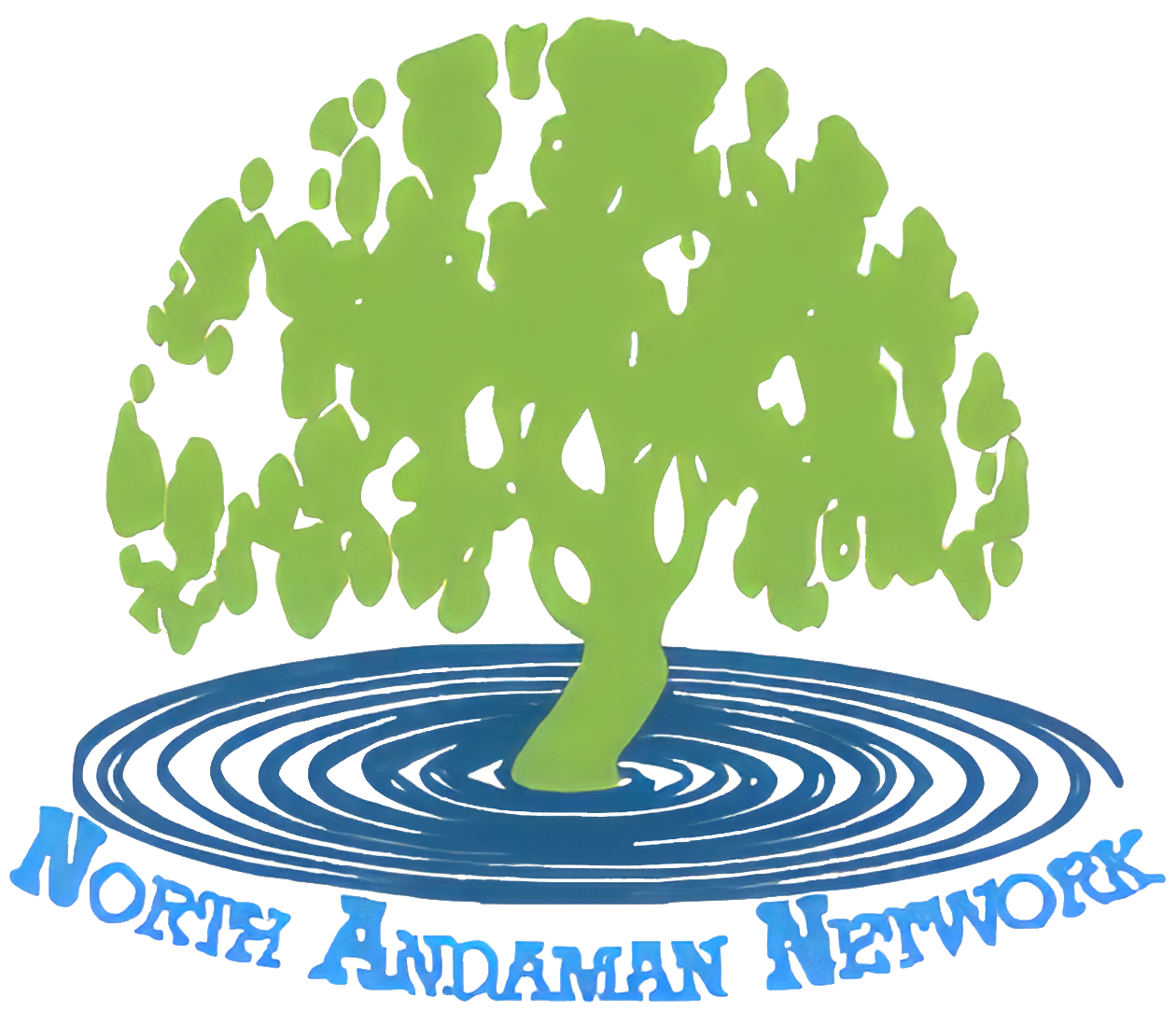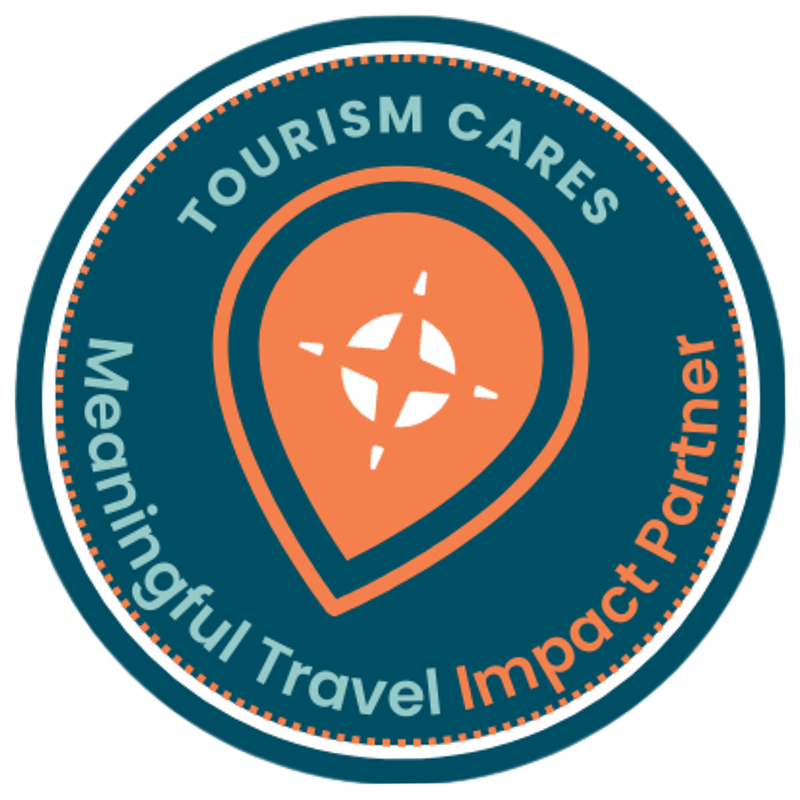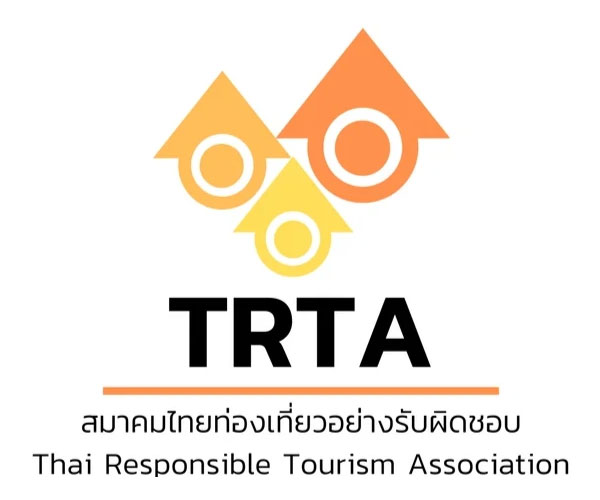Homestay with Andaman Discoveries
Reposted from the Briefcase to BACKPACK Blog
December 9, 2008 by Michaela Potter
Michael and I traveled to Thailand as part of our 2007 career break. The following is an excerpt from our travel blog.
 Of all the places we would visit on this trip, the last place I thought Michael would be able to relate to the most was a small Muslim Village in Thailand. But surprisingly, he eased right into sleeping on a mattress on a floor under mosquito netting with roosters crowing at 2am, speaking a completely different language from anyone else around us, and feeding baby goats twice a day. But he easily compared it to consulting — traveling endlessly from one hotel to the next, needing to learn a new dialect or corporate speak, and understanding a new corporate environment and supporting it. Makes perfect sense.
Of all the places we would visit on this trip, the last place I thought Michael would be able to relate to the most was a small Muslim Village in Thailand. But surprisingly, he eased right into sleeping on a mattress on a floor under mosquito netting with roosters crowing at 2am, speaking a completely different language from anyone else around us, and feeding baby goats twice a day. But he easily compared it to consulting — traveling endlessly from one hotel to the next, needing to learn a new dialect or corporate speak, and understanding a new corporate environment and supporting it. Makes perfect sense.
Our stay in Tung Nang Dam was thanks to Andaman Discoveries — an offshoot of the North Andaman Tsunami Relief (NATR) organization. As their website states “we started by doing relief projects FOR community members, then we progressed to development projects WITH community members, now we are assisting with projects led BY community members.”
 We were to stay four days/three nights in this small Muslim village, which consisted of just 35 homes and a population of 115. Even though Tung Nang Dam is protected by mangroves, (hence you can only access it by boat), and no homes or lives were lost during the tsunami, the fishermen lost their boats and livelihood and many fish farms were damaged beyond repair. And as part of the evolution of NATR “villagers decided that community-based tourism would allow them to generate additional income and support the community of their traditions, culture and lifestyle. Community-based tourism could fit into their lives, and not force them to sacrifice their traditional lifestyles for the sake of tourists.”
We were to stay four days/three nights in this small Muslim village, which consisted of just 35 homes and a population of 115. Even though Tung Nang Dam is protected by mangroves, (hence you can only access it by boat), and no homes or lives were lost during the tsunami, the fishermen lost their boats and livelihood and many fish farms were damaged beyond repair. And as part of the evolution of NATR “villagers decided that community-based tourism would allow them to generate additional income and support the community of their traditions, culture and lifestyle. Community-based tourism could fit into their lives, and not force them to sacrifice their traditional lifestyles for the sake of tourists.”
Our host, P’Noi, and her family were the perfect hosts for this experience. P’Noi was part of the NATR seven-month vocational training program that focused on using tourism as a tool for community development; cultural, environmental and adventure-based guiding methods; first aid and safety training; English language and computer skills; small business management and entrepreneurial training; and hospitality and travel planning skills.
 One of P’Noi’s projects was an orchid conservation farm. Orchids in Tung Nang Dam are becoming increasingly rare, as they are popular decorations for homes and restaurants. Over-harvesting by mainland people has become a big problem in the jungles of the village. P’Noi has developed a program of incubating orchid cuttings on her farm and transplanting them to the jungle once they are mature. In addition, volunteers add their names, hometowns and date of planting on a plaque next to the orchid in hopes of dissuading people from cutting them. We did our part by planting cuttings in coconut planters with hopes of them returning to the jungle in the future. We also went on a jungle trek to fertilize those orchids that have been returned.
One of P’Noi’s projects was an orchid conservation farm. Orchids in Tung Nang Dam are becoming increasingly rare, as they are popular decorations for homes and restaurants. Over-harvesting by mainland people has become a big problem in the jungles of the village. P’Noi has developed a program of incubating orchid cuttings on her farm and transplanting them to the jungle once they are mature. In addition, volunteers add their names, hometowns and date of planting on a plaque next to the orchid in hopes of dissuading people from cutting them. We did our part by planting cuttings in coconut planters with hopes of them returning to the jungle in the future. We also went on a jungle trek to fertilize those orchids that have been returned.
P’Noi and her family also had a goat farm, so every afternoon we would help shepherd them into their homes for the night as well as feeding the baby goats by bottle. Michael quickly took to this chore and had a few favorite kids that would nip at his feet for more. Another cultural activity that P’Noi shared with us was cooking. She shared with us how to make the Thai equivalent of a small pancake, guided us in cooking a seafood lunch, and even grilled oysters on a fire with her brothers.
 Of course the activities were just a side to the actual experience of living within a completely different environment, learning to communicate in broken Thai and sign language, and placing ourselves out of our comfort zone. But as much as we struggled in this new environment, the fact that these people, who come from a very shy culture and have to learn much more in order to accommodate us, opened up their homes and lives to us was extremely humbling.
Of course the activities were just a side to the actual experience of living within a completely different environment, learning to communicate in broken Thai and sign language, and placing ourselves out of our comfort zone. But as much as we struggled in this new environment, the fact that these people, who come from a very shy culture and have to learn much more in order to accommodate us, opened up their homes and lives to us was extremely humbling.



